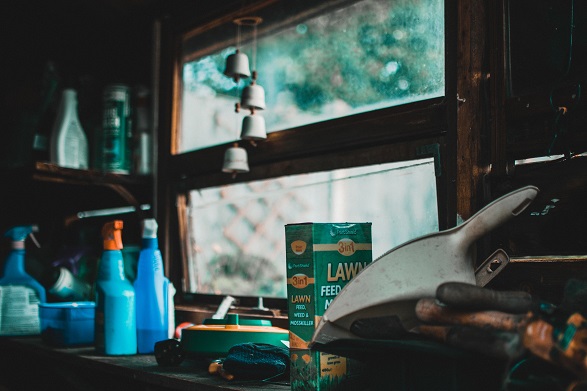It is hard to live in the twenty-first century and just waste food-related items that could be put to use elsewhere. The truth of the matter is that there is very little need to throw food-products away in today’s day and age; after all, putting them in the garbage undoubtedly leads to those products ending up in a landfill. It is just wasteful to do so.
Instead, it is better to consider what the best way to dispose of different foods is. Truthfully, many foods that you no longer want to eat can be repurposed and reused for something else. You might wonder which foods are best not to throw in the trash and how to dispose of them instead. Fortunately, this list is here to help you.
1. Compost Egg Shells:
Egg shells are excellent to put into a compost pile. They are biodegradable and break down quickly without the assistance of anything else. They contain calcium and act as an exceptional fertilizing option for plants outside. Instead of throwing eggshells into the trash, dispose of them in a compost bin instead. Even if you do not garden, it is likely that you have a tree in your yard that you love. Giving the plants outside some rich fertilizer can only help them grow stronger when compared to giving them nothing at all. Plus, creating a compost pile is a great way to give yourself an excuse to grow some of your food.
2. Give Stale Bread to Birds or Bake It Into Croutons:
Instead of chucking the old end pieces of bread into the trash, put it outside for birds to eat. Birds are widely known to love nibbling on stale bread. Giving birds a stable source of food can make them favor your house, which can lead to you waking up hearing the pleasant songs they chirp in the morning.
However, if birds are not one of your favorite animals, consider baking your stale bread into croutons. This will preserve them for a bit longer and make a delicious addition to salads. Both of these options are preferable to wasting the bread that you bought.
3. Compost Coffee Grounds, Potato Scraps, and Banana Peels:
Just like eggshells, all three of these are everyday food-related things that do not need to end up in a landfill. Both of these things are incredibly nutritious for plants. There is no need to waste them by sending them to a landfill. When you are going to throw out food, always consider if it is compostable before you put it in the trash.
4. Donate Unwanted Non-Perishable Foods:
Do you have endless cans of peaches laying around that you no longer want? If you have cans of unwanted and non-perishable foods, which have not yet reached their expiration date, do not throw them out. Instead, bring them to a local charity or church and donate them. Many less fortunate and hungry people in your city would appreciate the opportunity to eat them and throwing them in the garbage is genuinely the most wasteful thing you could do. Always give away food that does not need to be thrown out but is no longer wanted.
5. Use a Garbage Disposal:
When it comes to soft scraps left over from dinner, do not throw them in the garbage to go to a landfill. Instead, use a garbage disposal to grind them up. Doing this can keep your garbage from smelling like spoiled foods and keep those foods out of a local landfill. A disposal is such a handy tool to have in your kitchen, but do remember not to try and grind bones or very solid foods with it as you could jam or even break your disposal.
Other Things to Think About:
-Find out if your local recycling center has a food waste area. Instead of throwing food in the garbage, bring it to a center to be turned into fertilizer.
-Give scraps of food from dinner to your dog in moderation. It can make them happy and keep it from going in the trash.
-Cut back on how much food you buy, so there is no need to dispose of excess that has gone wasted.
Conclusion
In conclusion, finding alternative ways to dispose of food and food-related products is not difficult. Instead of sending it to a landfill, always research the most efficient way to rid yourself of specific products. Doing this and staying conscious about your impact can reduce the amount of waste your home is producing and your ecological footprint.







